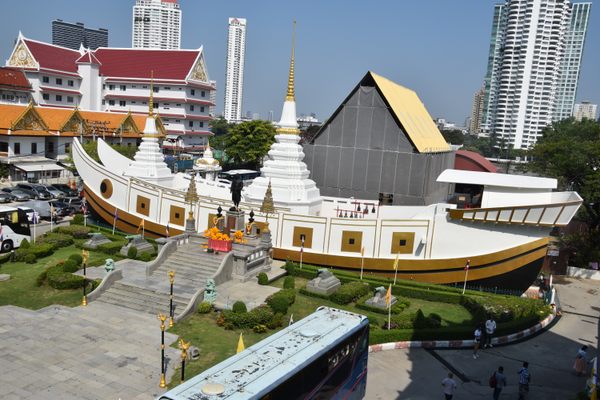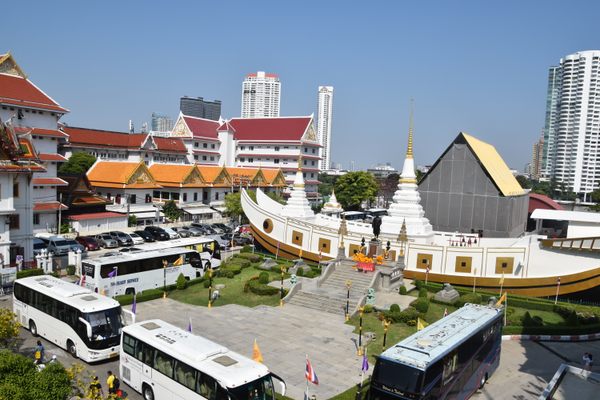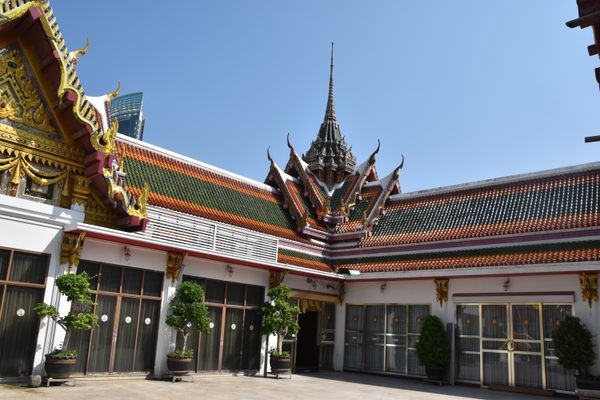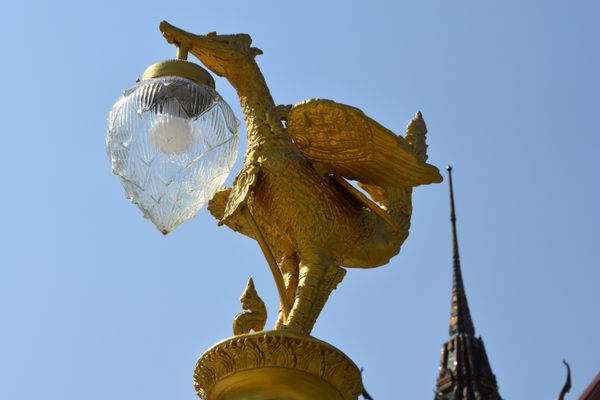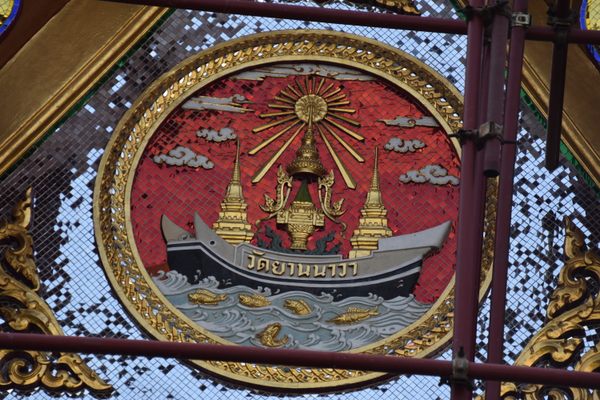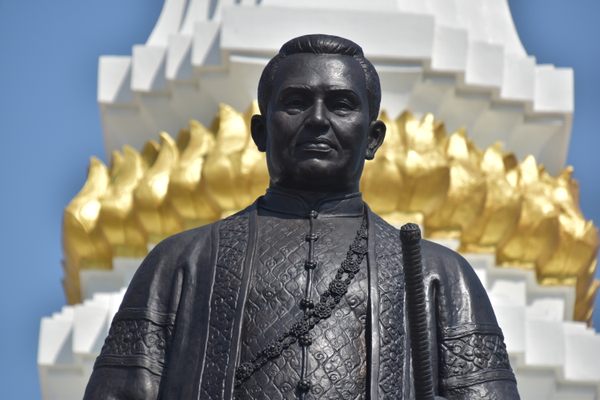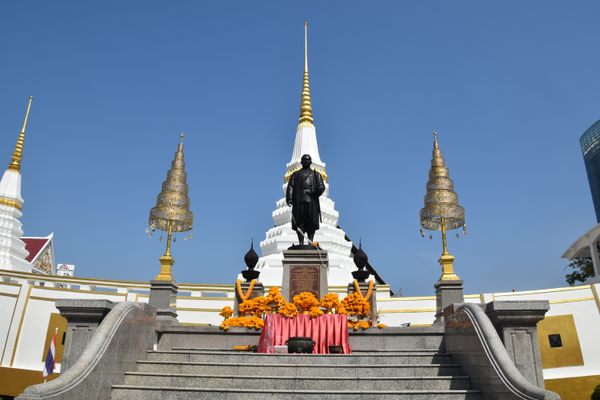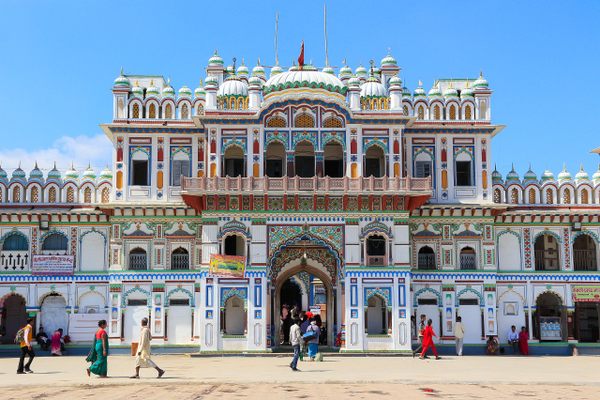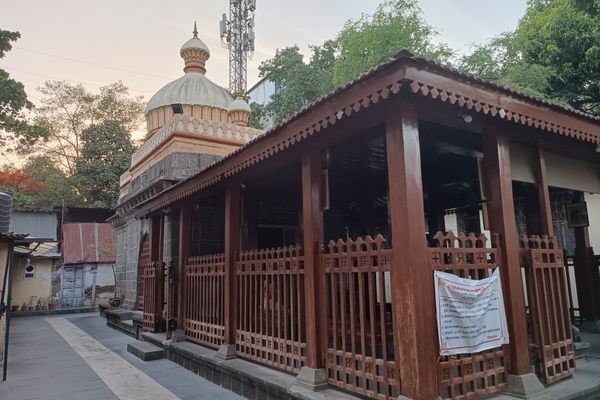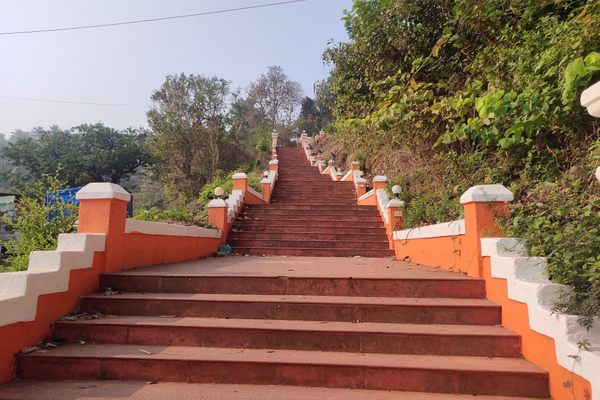About
Originally named Wat Kok Khwai, the Buddhist temple now known as Wat Yannawa or the “Boat Temple” was built during the Ayutthaya era, before the founding of Bangkok. It was merely a local place of worship until King Rama I granted it royal status and made the ordination hall known as subosot in Thai.
During the reign of Rama III (1824-1851), a defining feature was added to the temple complex: a viharn (monastery) in the shape of a Chinese junk. At the time, the junk ship was becoming obsolete and starting to be replaced by newer, more modern vessels. It is believed that King Rama III wished to preserve the image of the Chinese junk in the mind of his people.
Thanks to this unique feature, it was not long before the locals started to coin its nickname, Wat Yannawa (literally “boat temple”), which would stick and become its official name. With the two chedis designed to resemble masts, it also gained the nickname Sampao Chedi, the “Chinese junk with chedis,” as it looked more like a ship than a temple.
Today, besides the junk-shaped viharn, the temple complex contains multiple buildings enshrining images and a relic of the Buddha, effigies of Kuan Im, the goddess of mercy, and large paintings of the Loy Krathong lantern festival. In front of the “boat” stands a bronze statue of Rama III, looking proud that his image of the Chinese junk has lived on beyond his life.
Related Tags
Know Before You Go
Easily accessible from Saphan Taksin station; it’s more or less within a five-minute walking distance. Across the street from the Boat Temple, the Ghost Tower can also be viewed.
Published
May 30, 2023
